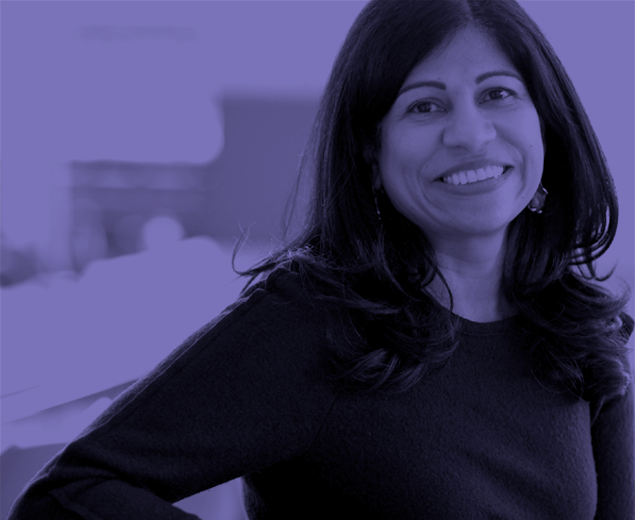
Ellen McGirt|The Design Observer Twenty
December 31, 2009
Lata Reddy
The former civil rights attorney is working to bridge the racial wealth gap with initiatives created with and for Black and brown communities.
The Design Observer Twenty | Sponsored by IDEO
The Design Observer Twenty is our curated selection of twenty remarkable people, projects, and big ideas solving an urgent social need.
It’s been nearly 150 years since the Prudential Friendly Society — now, Prudential Financial — opened its doors in Newark, New Jersey. “We’ve been around a long time,” says Lata Reddy, the senior vice president, Inclusive Solutions, at Prudential Financial, and chair of the Prudential Foundation.
Reddy leads the company’s formal philanthropy efforts, oversees an additional $50 million in corporate contributions, supports employee engagement with the community, and helped launch a $1 billion impact investing portfolio that seeks both financial and social returns. “We’ve seen some things. And we’ve learned a lot.”
They’re also deeply entwined in the modern history of civil rights. “We went through the crucible of Newark,” says Reddy, referring to civil unrest that erupted in the company’s hometown in 1967. “It remains an important part of how we think.”
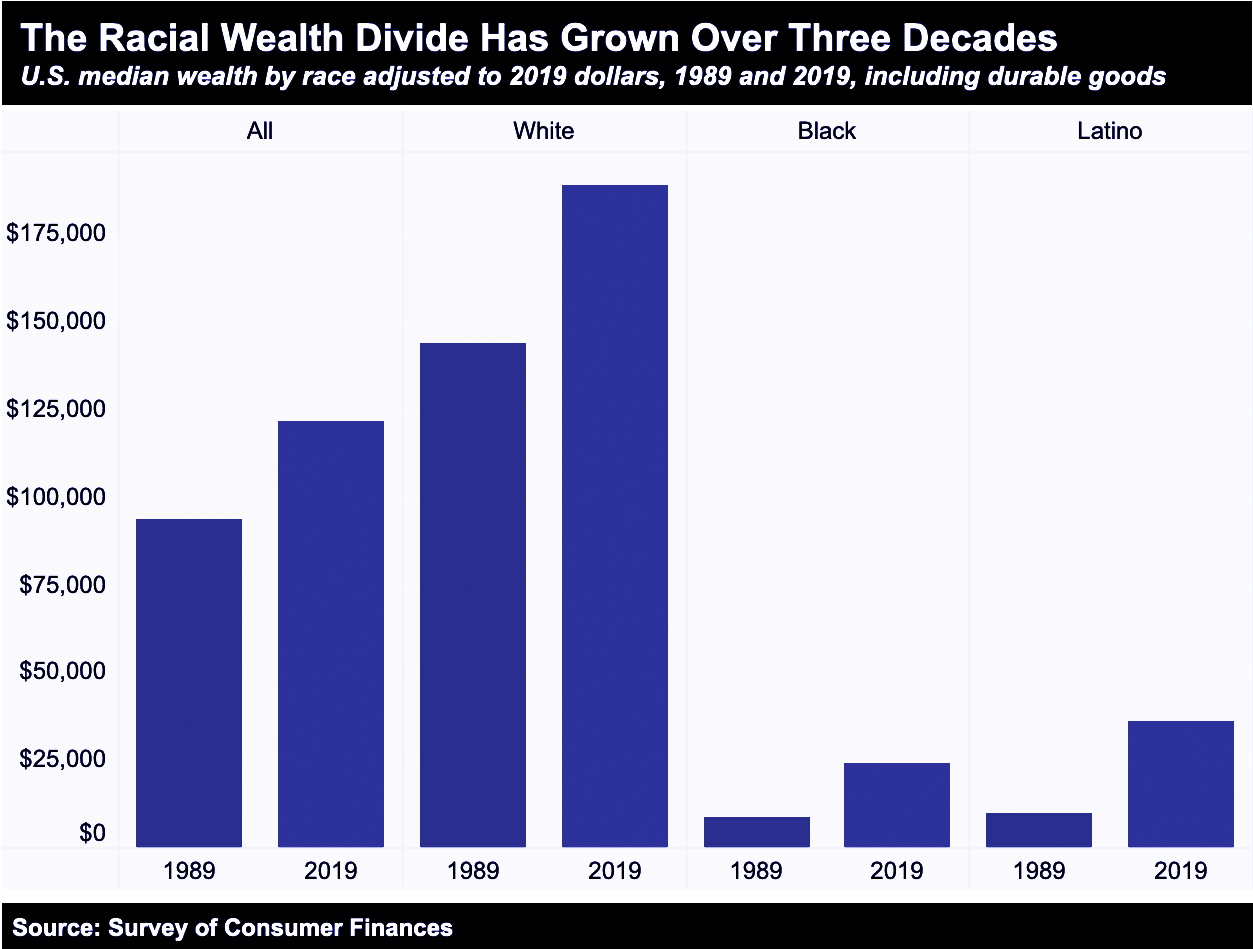
While violent protests roiled many cities across the U.S. that summer, Newark’s was the deadliest. The riots lasted four days, fueled by unaddressed poverty, police violence, and the unyielding white political power structures. Prudential stayed and helped communities rebuild. “There’s a beautiful quote from a former poet laureate, ‘Our Newark wears the scars of Western democracy on her face,’’’ says Reddy. The relationship they’ve built with the city, which she calls an expression of shared value, is about showing up, building trust, and staying proximate to the people doing the work. “It gave us a lens of racial equity before it was called that.” The company has invested over $1.2 billion in the city over the past decade alone; most recently the $500K Prudential Community Grants project, launched in March to support local, community-based projects.
A groundbreaking 2019 PBS documentary called Boss: The Black Experience in Business cited a forgotten episode in Prudential’s history. “Scientific” research published by a Prudential employee in 1896 called “Race Traits of the American Negro” used racist assumptions about the “fitness” of African Americans to predict that the Black race would eventually become extinct. It led Prudential to stop insuring Black customers, and other companies followed suit. While the event catalyzed an emerging Black-owned insurance industry, years later, the revelation upset plenty of Prudential employees, particularly Black ones.
“It was upsetting but not shocking,” says Reddy, a former civil rights attorney. But as the pandemic took hold and the murder of George Floyd forced broader discussions about racial disparities in society and in the lives of Prudential employees, the documentary seemed like an opportunity to address the pain employees were feeling, and go deeper into the work they had already been doing. “You can’t move forward until you address the past.”
Supported by Prudential’s leadership team, more than 1,000 employees dialed in to a candid call, led by a historian, to talk about the company’s ugly past. Soon, a new, multi-department initiative found its way to the drawing board, one that would more directly address a legacy of financial disparity with new products and useful information co-created with Black leaders, and designed to help Black families build generational wealth wherever they were in life. The new initiative, Blueprints to Black Wealth, three years in development, began rolling out this August.
“It’s not just about people we can sell to, it’s about understanding where the barriers are for people to get the information they need,” Reddy says. That means working with an array of expert partners and co-designing with people who are already serving Black communities, like the dfree Foundation in Newark, the Metro-Detroit Black Business Alliance in Detroit, and the Atlanta Wealth Building Initiative.
Essay by Ellen McGirt.
Observed
View all
Observed
By Ellen McGirt
Related Posts
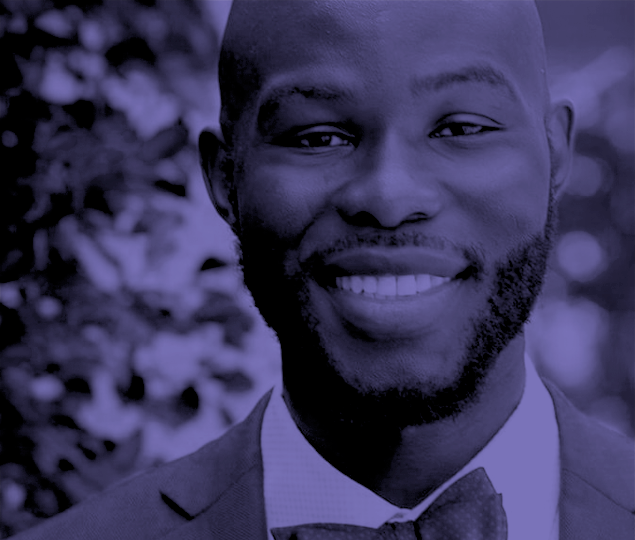
The Design Observer Twenty
Ellen McGirt|The Design Observer Twenty
Dr. Ismail D. Badjie

The Design Observer Twenty
Ellen McGirt|The Design Observer Twenty
Games for Change
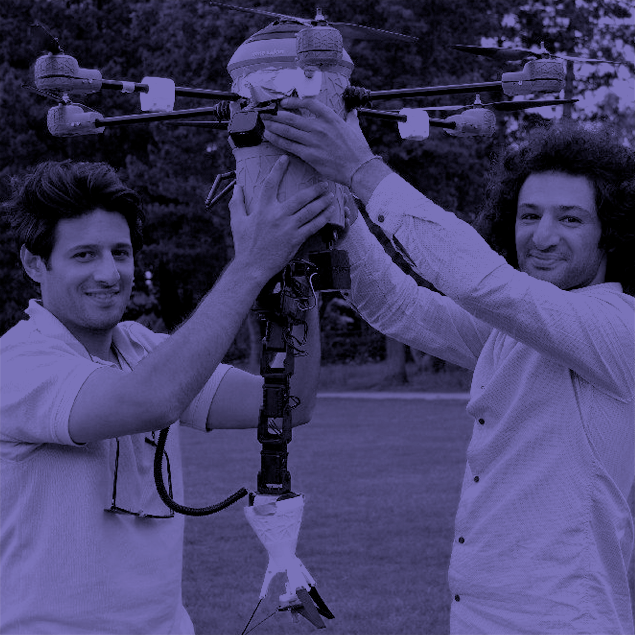
The Design Observer Twenty
Ellen McGirt|The Design Observer Twenty
Massoud + Mahmud Hassani
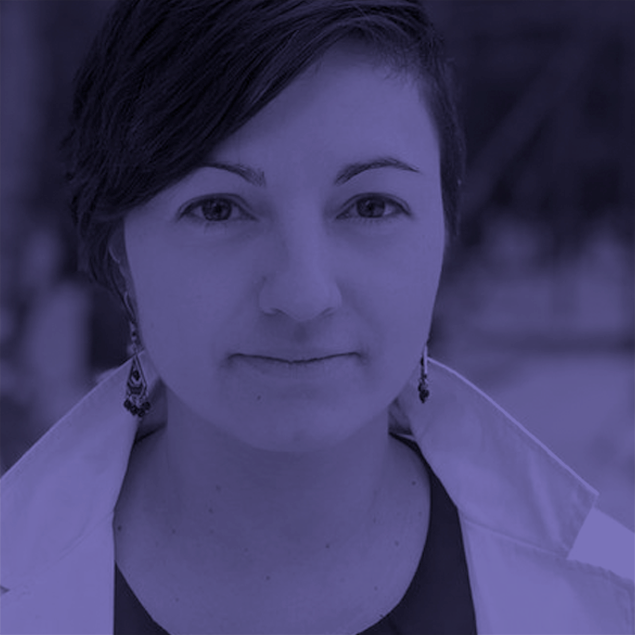
The Design Observer Twenty
Ellen McGirt|The Design Observer Twenty
Suzanne Ishaq, PhD
Recent Posts
Candace Parker & Michael C. Bush on Purpose, Leadership and Meeting the MomentCourtney L. McCluney, PhD|Essays
Rest as reparations: reimagining how we invest in Black women entrepreneurs Food branding without borders: chai, culture, and the politics of packaging Why scaling back on equity is more than risky — it’s economically irresponsibleRelated Posts

The Design Observer Twenty
Ellen McGirt|The Design Observer Twenty
Dr. Ismail D. Badjie

The Design Observer Twenty
Ellen McGirt|The Design Observer Twenty
Games for Change

The Design Observer Twenty
Ellen McGirt|The Design Observer Twenty
Massoud + Mahmud Hassani

The Design Observer Twenty
Ellen McGirt|The Design Observer Twenty

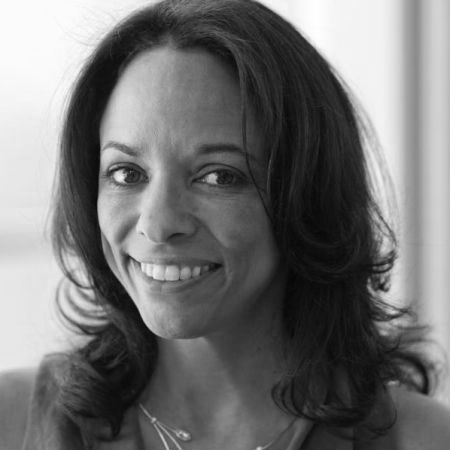 Ellen McGirt is an author, podcaster, speaker, community builder, and award-winning business journalist. She is the editor-in-chief of Design Observer, a media company that has maintained the same clear vision for more than two decades: to expand the definition of design in service of a better world. Ellen established the inclusive leadership beat at Fortune in 2016 with raceAhead, an award-winning newsletter on race, culture, and business. The Fortune, Time, Money, and Fast Company alumna has published over twenty magazine cover stories throughout her twenty-year career, exploring the people and ideas changing business for good. Ask her about fly fishing if you get the chance.
Ellen McGirt is an author, podcaster, speaker, community builder, and award-winning business journalist. She is the editor-in-chief of Design Observer, a media company that has maintained the same clear vision for more than two decades: to expand the definition of design in service of a better world. Ellen established the inclusive leadership beat at Fortune in 2016 with raceAhead, an award-winning newsletter on race, culture, and business. The Fortune, Time, Money, and Fast Company alumna has published over twenty magazine cover stories throughout her twenty-year career, exploring the people and ideas changing business for good. Ask her about fly fishing if you get the chance.